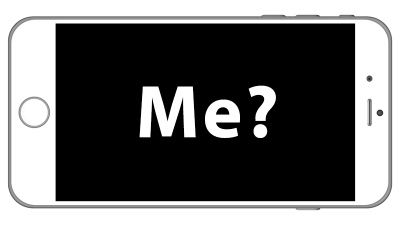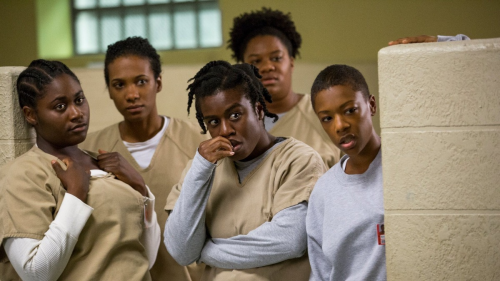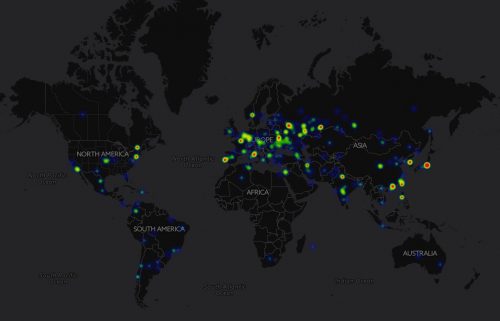While updating my personal archive of news relating to the Influencer industry, I decided to highlight a few significant developments in Q1-Q2 of 2017 in this short round-up.
With its historical beginnings rooted in bedroom camming culture in the North American late-1990s and the online selling culture in the South East Asian early-2000s, the Influencer industry is its vernacular and institutionalised formats is more than a decade old today.
Yet, for all their progress and advancements across several industry verticals and areas of society, present-day news reports seem to be stuck in a backdated timeloop as they continually express surprise at the fact that Influencers can command sizable earning and brands want to work with them, assert that the Influencer industry is somehow mysterious and a secret weapon, and reiterate that the Influencer industry is simultaneously on the rise and on the decline. That’s quite the obsession over the financial aspect of Influencers. But is there much else?
Yes! In the first half of 2017 alone, the Influencer ecology worldwide has registered several controversial blows and innovative debuts in relation to legality, economics, culture, and social issues. more...

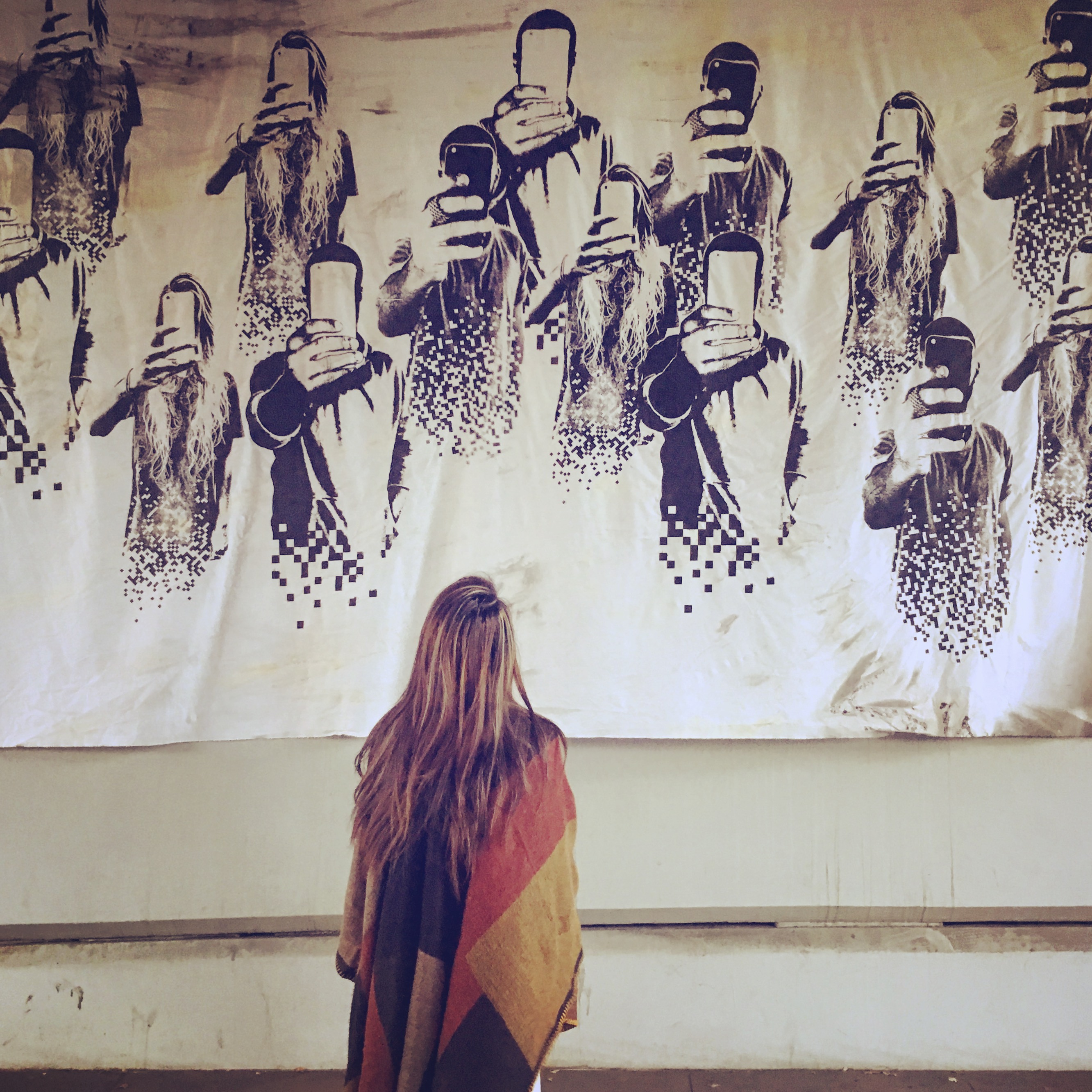


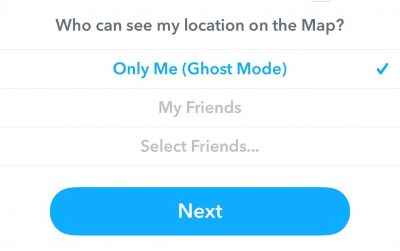 Snapchat recently released a new feature called Snap Map that lets users see the the location of their friends’ snaps organized on a map. The feature is opt-in only and carefully avoids unintended disclosure of user data. Snapchat even nudges users to actively manage who they share their location with. The
Snapchat recently released a new feature called Snap Map that lets users see the the location of their friends’ snaps organized on a map. The feature is opt-in only and carefully avoids unintended disclosure of user data. Snapchat even nudges users to actively manage who they share their location with. The 